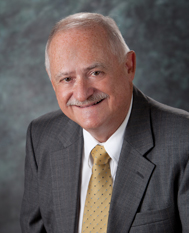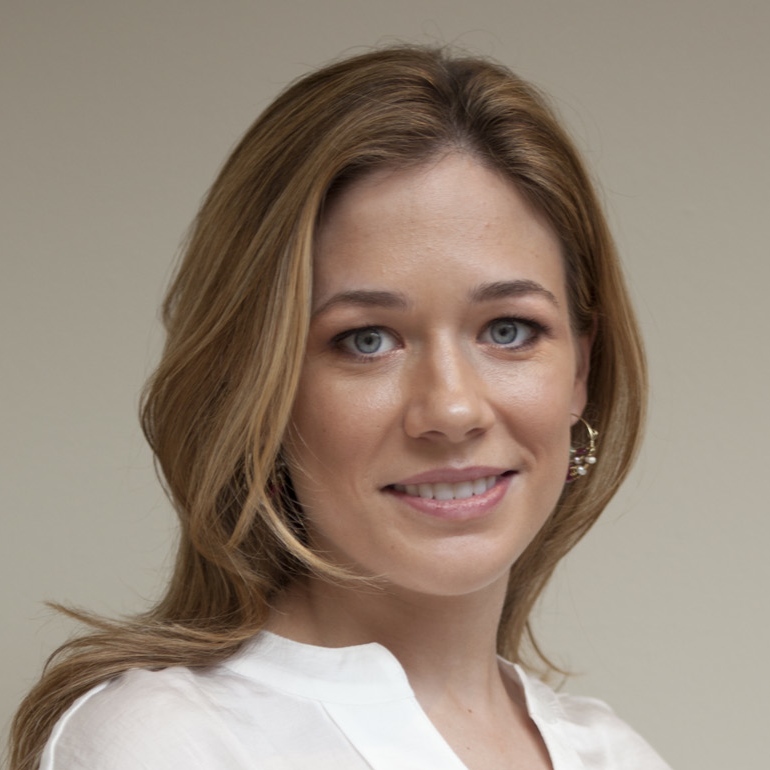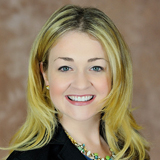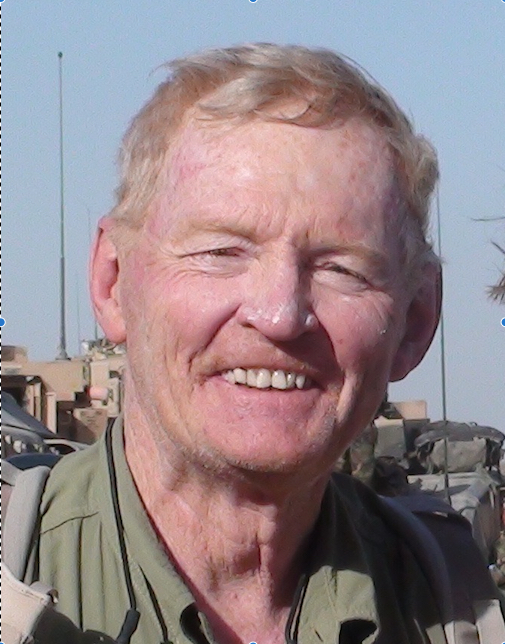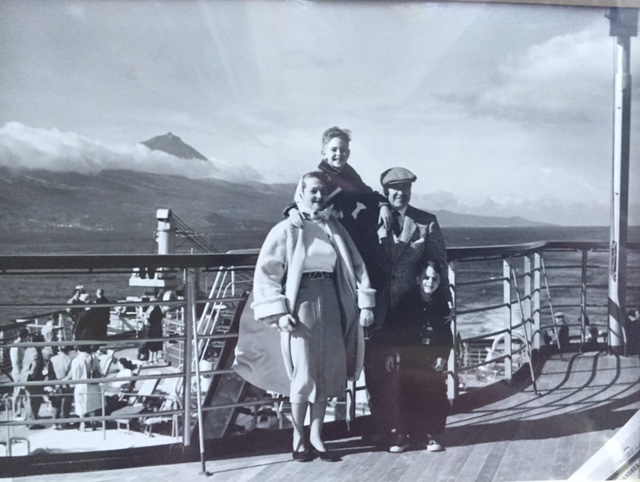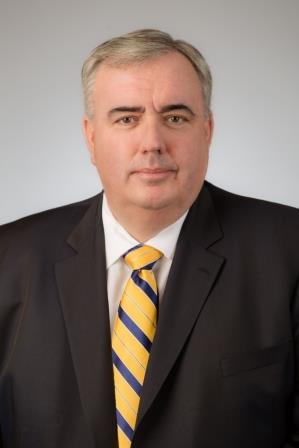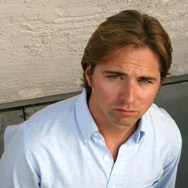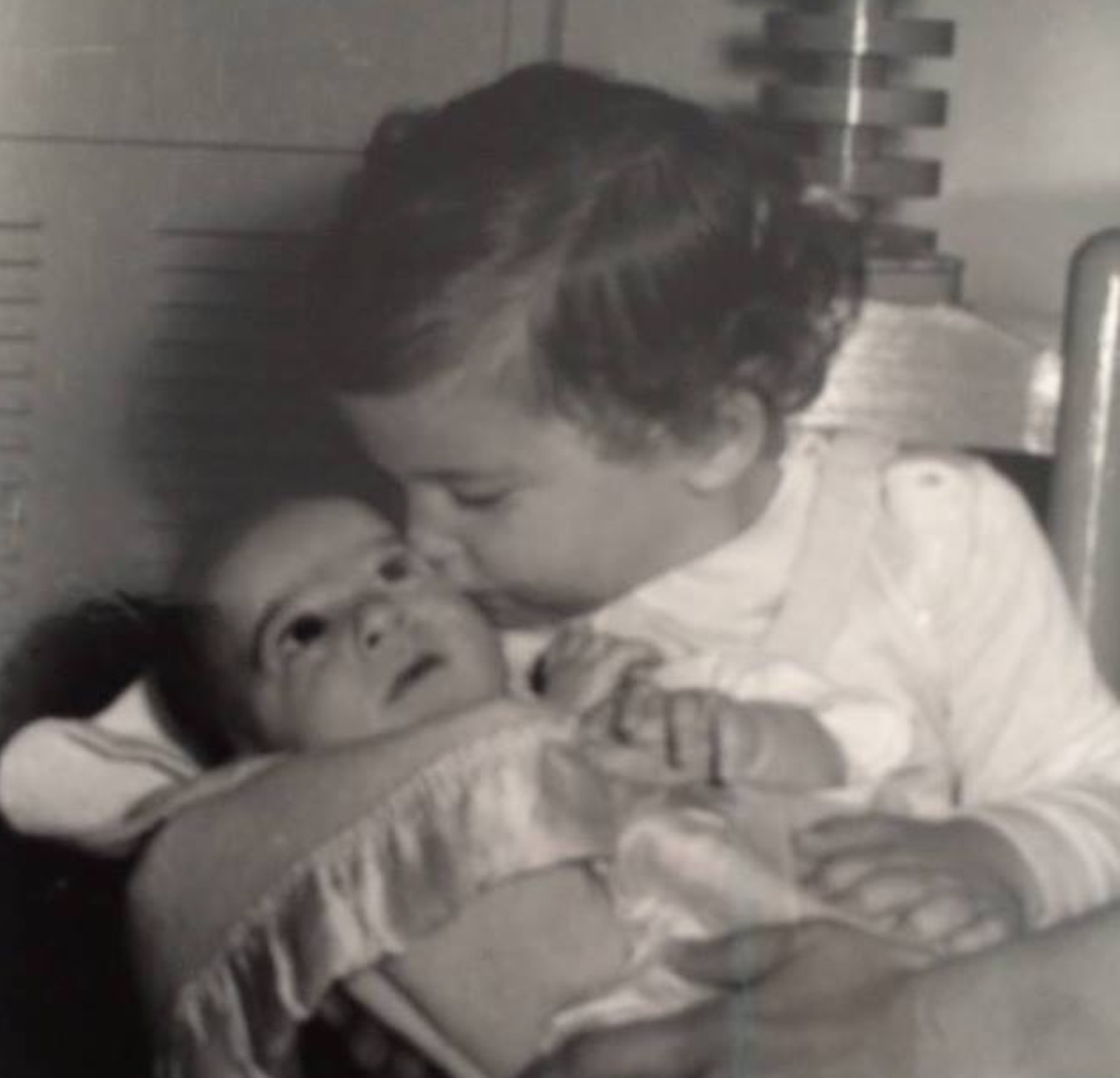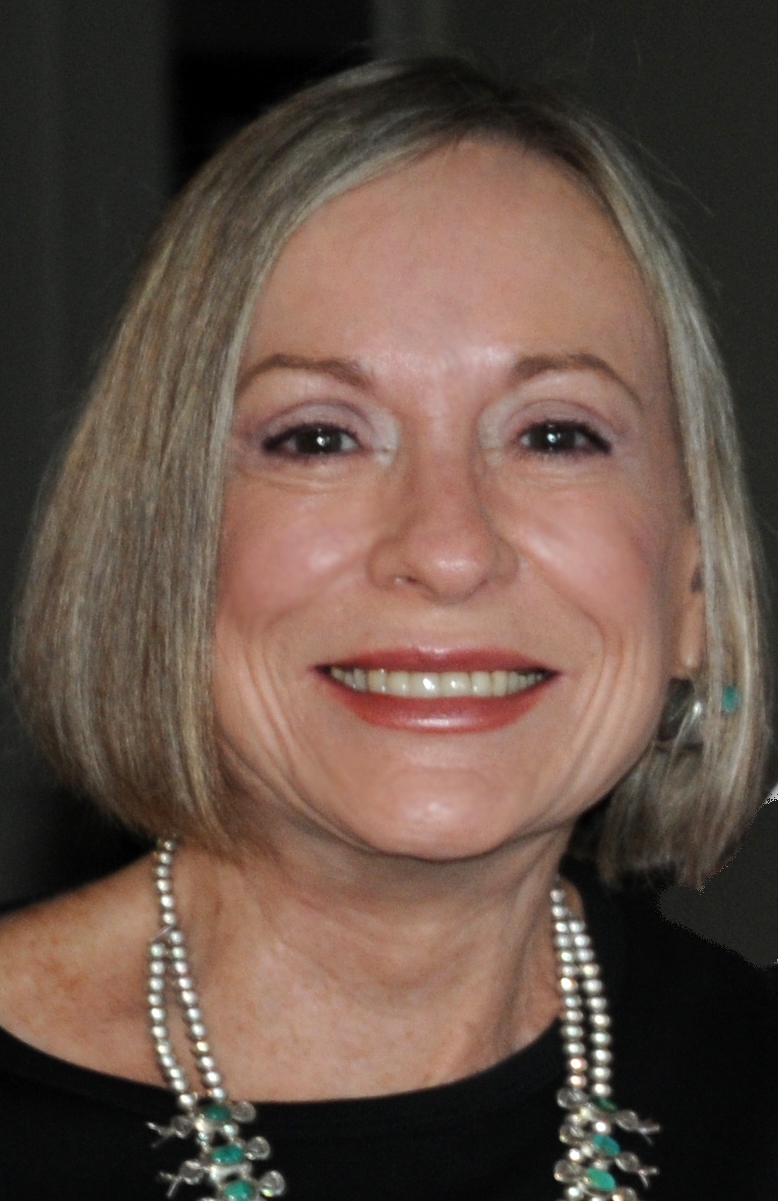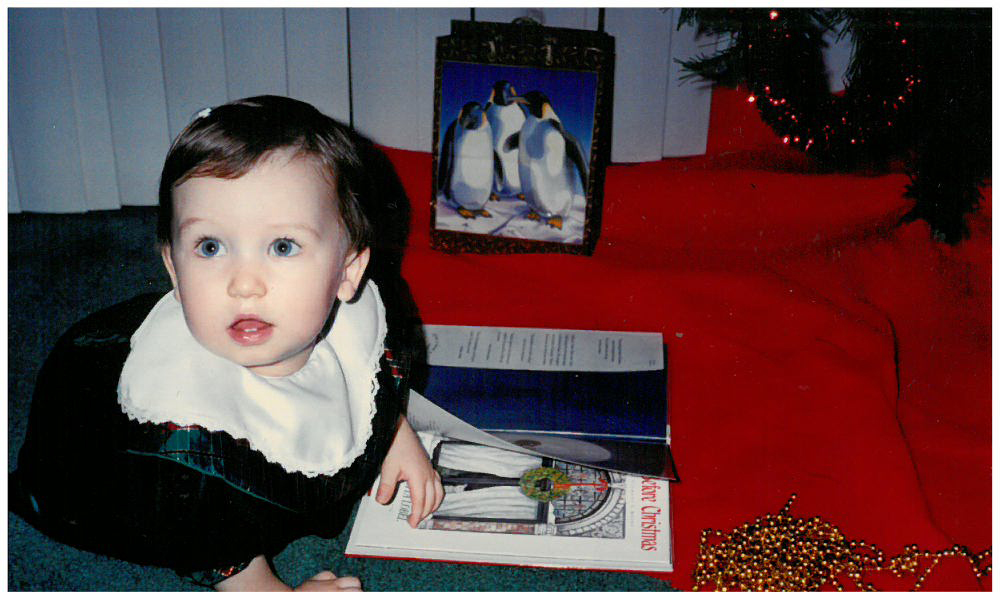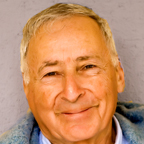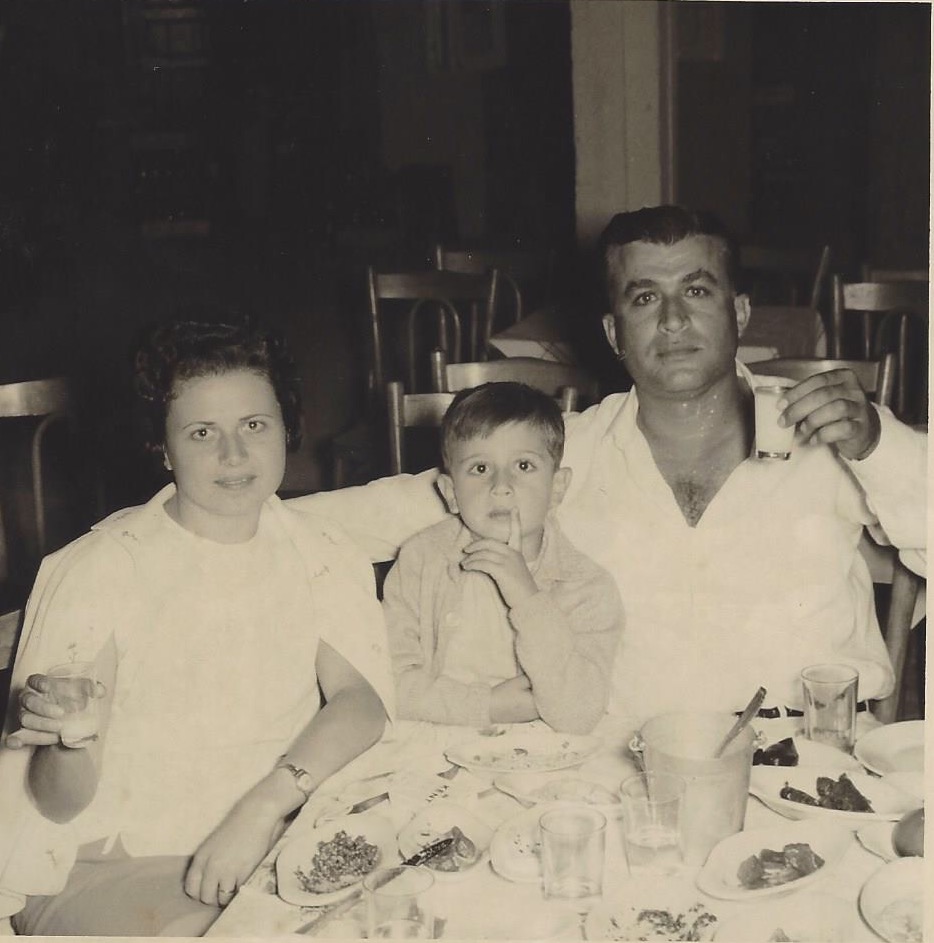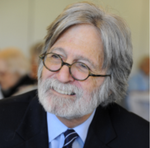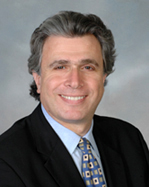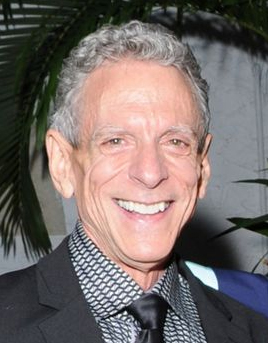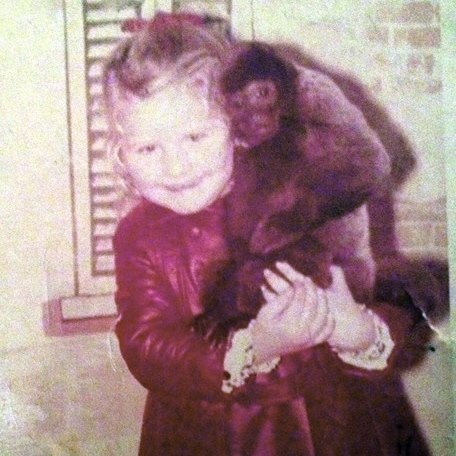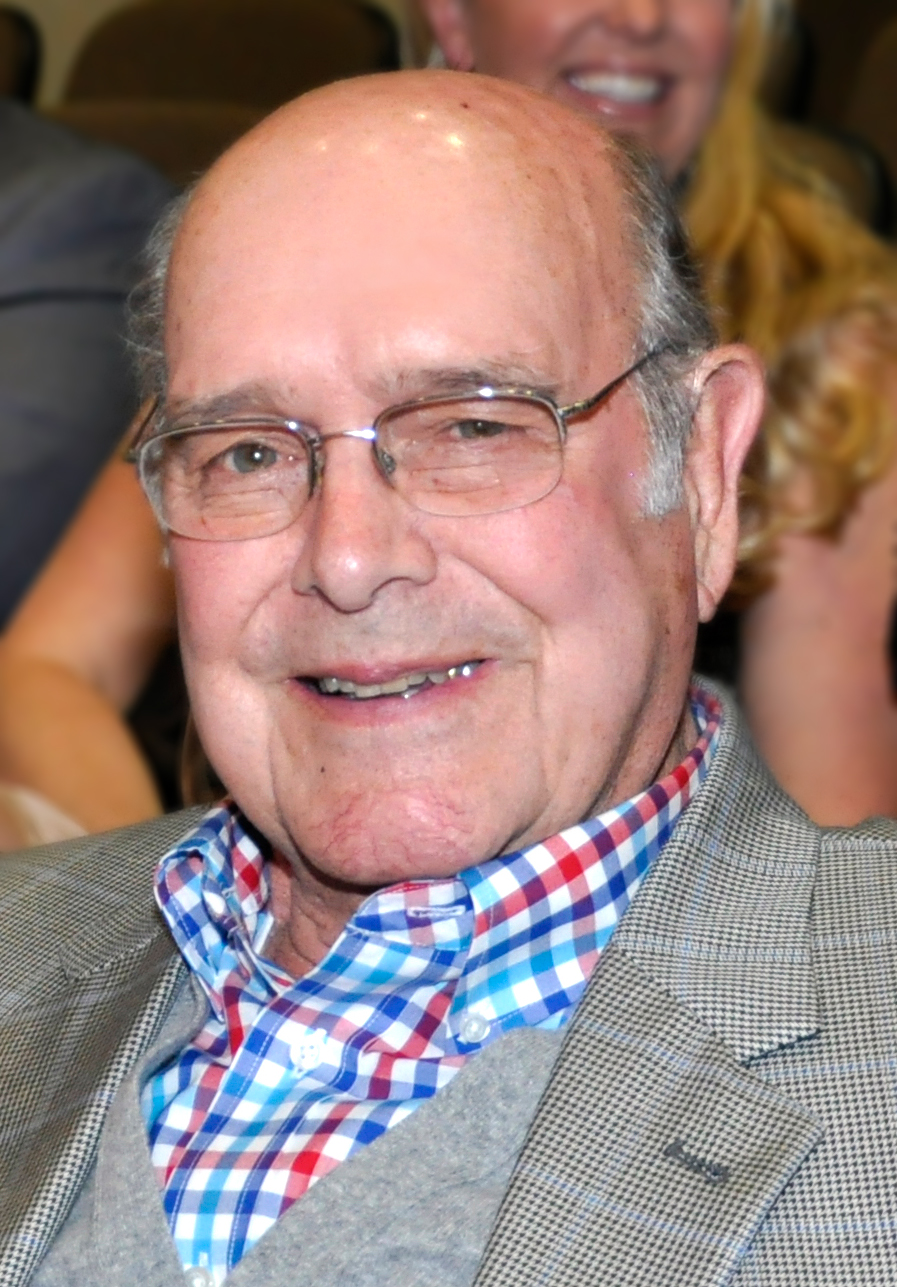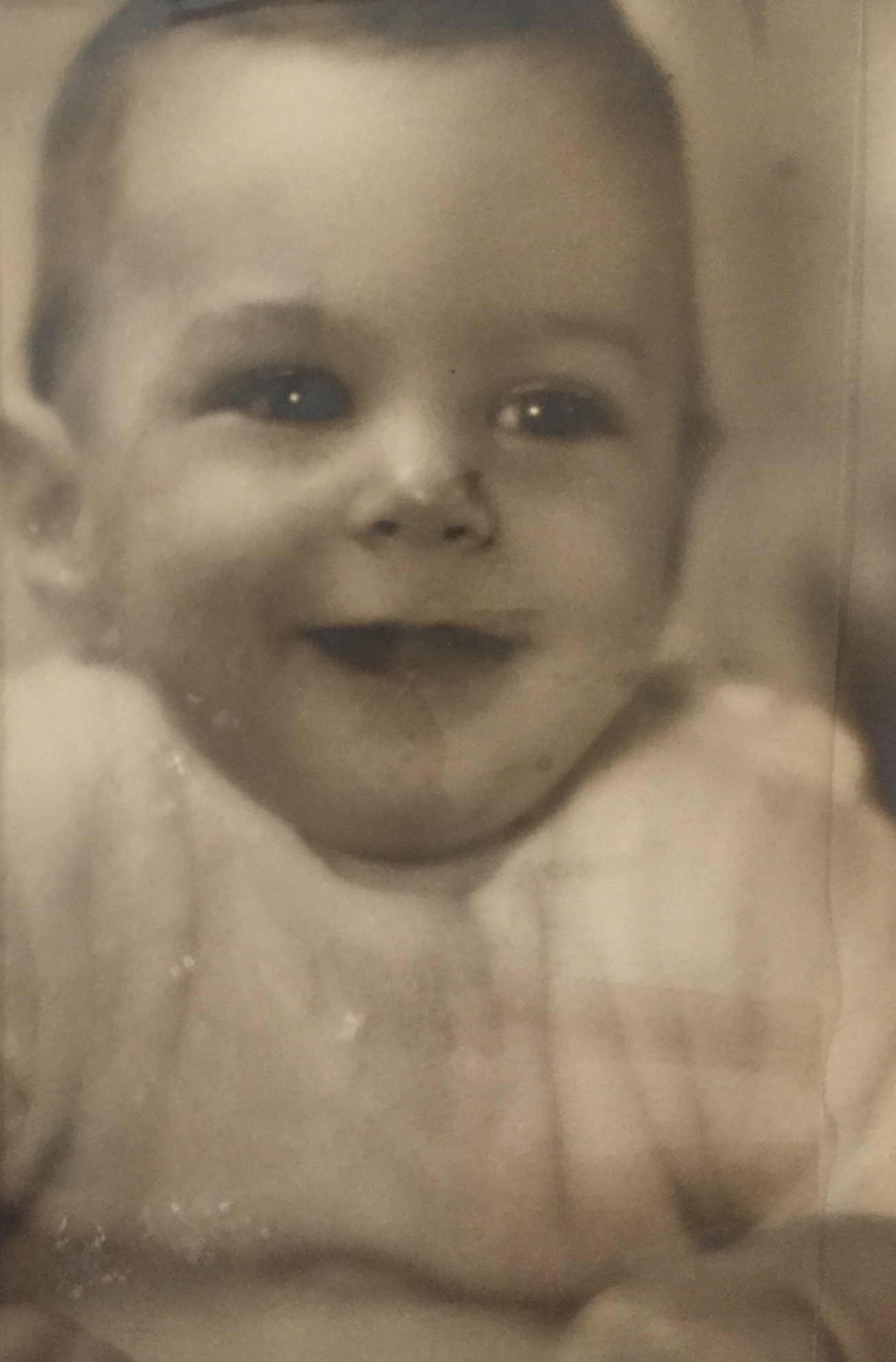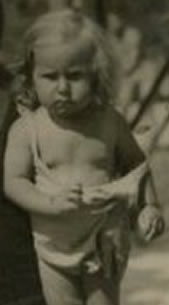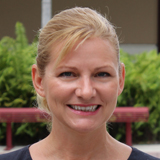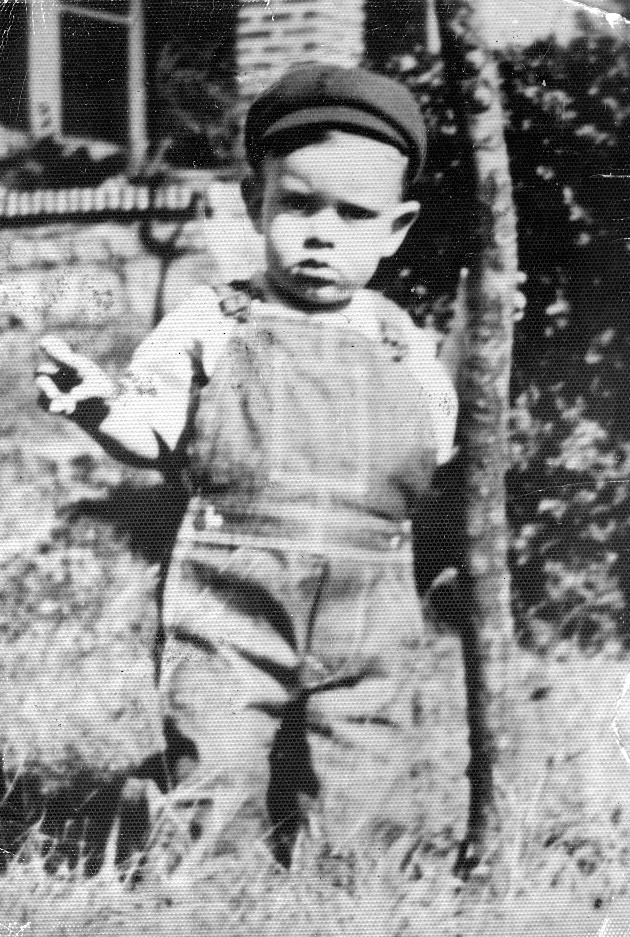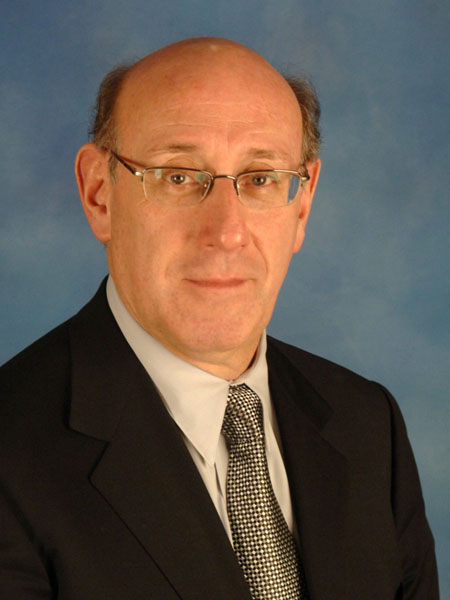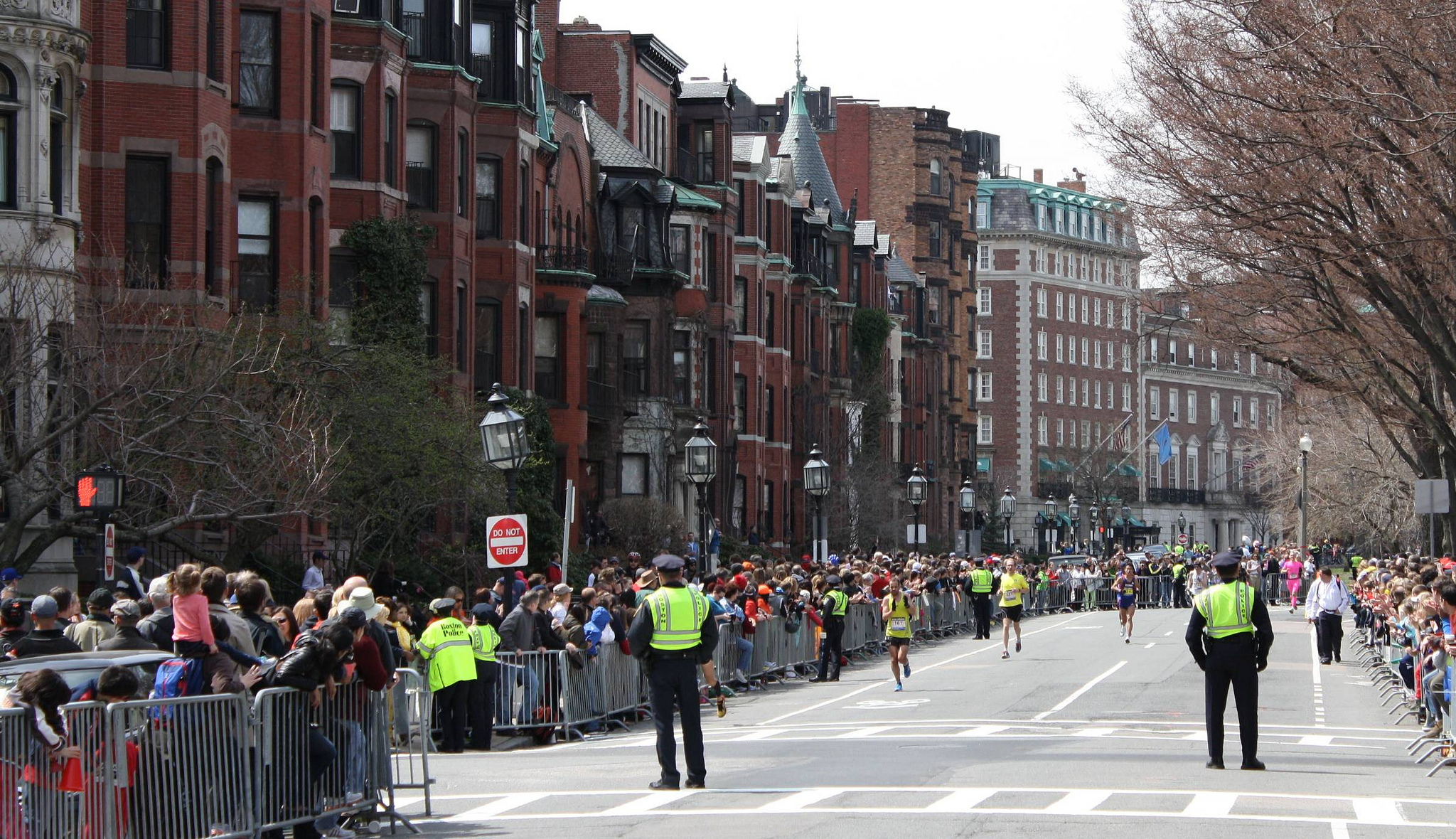
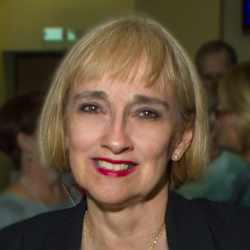
By Sandi Page, Member of the FAU LLS Jupiter Marketing Committee
The gift of intellectual curiosity has provided me with some of the biggest delights of my life. It has put me on planes to discover lands I had only read about and taken me to museums I have waited for years to visit. No passports are necessary this spring and summer at LLS Jupiter to satisfy our cravings for knowledge and novelty. Our professors will be offering it all. Check out their intriguing anecdotes about their upcoming courses/lectures and then sign up for the trip! Bon Voyage!
Some FAU LLS Jupiter Spring 2017 Courses
Taylor Hagood, Ph.D.
Four American Poets
Mondays, March 20 – April 10, 2017 – 2:15–3:45 p.m.
This year, my courses have focused on very well-known writers and their works—Arthur Conan Doyle’s Sherlock Holmes stories and novels, and the plays of William Shakespeare—but for the spring, I have decided to offer a lecture series on four Modernist American poets who are not so well known but whose writings are wonderful. The first will be Marianne Moore, a Missourian who became a New York poet, whose work is most recognizable because of the way it plays with lines, spreading them all over the page in jagged forms that look like abstract drawings. Robert Lowell was a Bostonian who channeled the New England literary and artistic tradition of somber beauty, writing densely-crafted poetic lines full of the silver images of the northeastern sea. Elizabeth Bishop also hailed from Massachusetts, but where Lowell wrote in a thundering voice, hers was quiet, capturing the silence of fog, the magnificence of animals, and the humid deliciousness of Latin America. James Wright grew up among steel mill workers along the Ohio River and forged a style that balanced the hard realities of life with those most delicate of sensibilities. As a group, these poets offer some of the very best of late Modernist poetic output, the talented inheritors of T. S. Eliot, Gertrude Stein, Wallace Stevens, and William Carlos Williams. I realize that for every person who is passionate about poetry, there are about three who are either not so sure about it or intimidated by it. My goal in this course will be to introduce these lesser-known but outstanding poets, making their poetry accessible and fun while also highlighting its profundity of thought and insight. I will talk about these writers’ lives but will largely focus on the poems themselves, reading some of them aloud and noting their craft, their metaphorical power, and their significance. Even if you’re not a poetry fan, I think you will find this series fascinating.
Kurt F. Stone, D.D.
The Sons of Sam Spade – Six Detective Films From Around the Globe
Mondays, March 20 – May 8, 2017 (No class on April 10, 17)
(Full 6 weeks) – 7-9 p.m.
March 20 – April 24, 2017 (First 4 weeks)
The First Sam Spade
In 1929, author Dashiell Hammett published The Maltese Falcon, which introduced Sam Spade, the first of the hard-boiled detectives. Soon, Hollywood came calling, and paid Hammett a hefty sum to make a movie version of his novel. The original, produced by Warner Brothers in 1931, starred silent film-era Latin lover Ricardo Cortez as Spade. The public was anxious to hear what the great Latin lover sounded like. Would he be believable? Would he be understandable? (Of course, no one in the movie-going public knew, because up to that point, all his films had been silent.) It turned out that “Ricardo Cortez” was really the Brooklyn-born Jacob Krantz; dark, handsome and sounding like a fellow raised on the Lower East Side. Oops! From that point on, Cortez played mostly character parts (and attorney Perry Mason) and would spend nearly 40 years working as a Wall Street stockbroker for Salomon Brothers.
Ashley Graham Kennedy, Ph.D.
Philosophy of Medicine
Tuesdays, March 21 – April 11, 2017 – 12-1:30 p.m.
It was 4 a.m. in the emergency department (ER). An 83-year-old woman had come into the ER after experiencing an episode of disorientation and shortness of breath earlier in the evening. The resident physician and I entered her room and he introduced himself to the patient. “Hello Ms. Stanley, I’m Dr. James. I will be taking care of you this evening.” “Well, isn’t that nice? I’m Dr. Stanley.” “What kind of doctor are you?” the resident asked. “I’m a social psychologist,” she replied. The woman’s message to her physician was clear: “Treat me with respect. I am your equal,” and with it she toppled the clinical hierarchy at the hospital in one fell swoop. In this course, you will learn about the current medical paradigm, including how it is taught and practiced in the U.S. medical schools and hospitals, as well as how to navigate it in your clinical encounters with your own physicians.
Ralph Nurnberger, Ph.D.
Benedict Arnold, Aaron Burr, Alexander Hamilton and the Duel
Thursdays, March 23 – April 13, 2017 – 9:45-11:15 a.m.
Hamilton, the award-winning Broadway musical, has elevated public interest in the life and contributions of Alexander Hamilton to an all-time high. We will seek to answer the question raised in the opening lines of the musical: “How does a bastard, orphan, son of a whore and a Scotsman…grow up to be a hero and a scholar?”
The story of the life of Alexander Hamilton is one that not even the most gifted novelist could have invented. The more one looks at what happened in his 49 years, the more improbable it seems. We will cover why many consider Hamilton the second most important of all of the “founding fathers”; second only to George Washington.
It is impossible to discuss Hamilton without also looking into the life and character of the man who shot and killed him in a duel in New Jersey in 1804, namely Aaron Burr. Why did Burr, the sitting Vice President of the United States, shoot Hamilton, the first Secretary of the Treasury? Was Burr a significant hero of the Revolution and an important founding father of the country or was he a scoundrel and a traitor?
We will also be examining the life of Benedict Arnold, who is still seen as the greatest traitor in American history, and discussing why the most significant American general during the Revolution, other than George Washington himself, decided to sell out his comrades and his cause.
Irving Labovitz, J.D.
OBJECTION! Current, Contentious and Confusing Legal Battles
Thursdays, March 23 – April 27, 2017 (Full 6 weeks) – 12-1:30 p.m.
March 23 – April 13, 2017 (First 4 weeks)
Please accept this tender of my modest, albeit belated, valentine to my students at LLS.
My course title accurately alerts LLS students to expect only continuing classroom colloquy as to “Current, Contentious, and Confusing Legal Battles”. Unlike my medical friends, I am never afforded the opportunity to provide “well checkups” as to any subject. Rather, dissecting the often disconcerting legal and constitutional consequences resulting from adverse factual happenings inevitably circumscribes each lecture.
Nevertheless, it remains uplifting and encouraging that I continually learn from, as well as teach my well-read students in our animated interactive discussions, resulting in an often surprising and always mutually rewarding mutual learning experience.
So I tender this modest valentine to all LLS students whose intellect, curiosity, and stamina have motivated them to share with me a search for better understanding of the critically important legal and constitutional conundrums that directly affect their lives and those of their children and grandchildren.
Katie Muldoon
From Our “Exotic” World: Four Remarkable International Films
Thursdays, April 6-27, 2017 – 2:15-4:30 p.m.; Post-film discussion – 4:30-5:00 p.m.
Peeking Behind the Film
Lately, my husband and I find ourselves lingering behind after a film, watching the credits roll, looking for additional tidbits that will fill in those little extras about the film we have just gotten so involved in that we want even more than it had already graciously provided. Superior films give a lot but they can also leave a thirst for even more information because they have awakened a spark in you that you probably didn’t know was there.
In my upcoming “Exotic” World Films, four immensely different characters in four exceptional films will somehow manage to overcome challenges utterly specific to their time and countries.
A young cellist from Japan has to break a respected tradition; a young German woman learns the heartbreaking truth about her country, forcing impossible choices; tensions mount as an Iranian woman seems to have purposely disappeared – or did she; and two French men seem destined to meet and make decisions that transform their lives forever.
Join me in peeking behind these films and understanding some of the background leading up to their messages, then spend time discussing and understanding the content behind the actions. We’ll have a chance for more in-depth review of the intriguing how and why per character and country.
Terryl Lawrence, Ed.D.
Have You Found Your Arcadia?
PART I – Fridays, March 31 – May 5, 2017 (Full 6 weeks) – 12-1:30 p.m.
March 31 – April 21, 2017 (First 4 weeks)
PART II – Tuesdays, May 16 – June 20, 2017 – 1:30-3:00 p.m.
Arcadia is defined as a place of poetic fantasy or a pastoral paradise.
Every one of us has a special place where we are most relaxed and inspired, and that location often includes those persons who allow that feeling to blossom. Artists are particularly sensitive to such sensations because creativity can work its magic there.
One of my consuming interests is how artists get started on their work. Some require the serenity of a particular studio, or work with a favorite type of music playing, and there are many other concerns. The great American sculptor Augustus Saint-Gaudens studied in Rome. When he returned to New York, he was creatively blocked and miserable until a friend left the water in the studio sink running. This gentle noise reminded Saint-Gaudens of the constant sound of Roman fountains – and he began to sculpt again.
My research has uncovered many such incidents throughout the world. These courses are intended as travelogues of artistic journeys with stops at some of the most fascinating and individual centers that have been the catalysts for artistic stimulation.
Benito Rakower, Ed.D.
The 21st Century – A New Vision in Film-Making
Fridays, March 24 – May 5, 2017 (No class on March 31) (Full 6 weeks); 2:15-4:45 p.m.; Post-film discussion – 4:45-5:15 p.m.
March 24 – April 21, 2017 (First 4 weeks)
I chanced to see Tilda Swinton in an Italian film where the characters speak Italian, Russian, and English. As one might expect of an Italian film, the preparation of food and dining are central to the plot. More than that, a seductively prepared appetizer has the effect of undermining the stability of an aristocratic family. This could not happen in an American film, where fast food and jokey comments have replaced dining and conversation.
Yet the American films in this course always give the viewer the impression of an irrepressible dynamism in constant battle with what is right, good, and fair. From the viewer’s perspective, stylish European decadence and American vitality are equally entertaining. The why of this poses a philosophical paradox.
Some FAU LLS Jupiter Spring 2017 Lectures
Bert Diament, Ph.D.
Making Relationships Work
Monday, March 20, 2017 – 12-1:30 p.m.
When I counsel couples, I often hear them argue very angrily as to who is “right” and who is “wrong”, and they turn to me expecting that I, as the expert, will determine who is correct. I smile inwardly as I recall a story I heard when I was a child.
Miriam and Jake go to the wisest man in the community to settle who is “right” in their dispute. After the wise man attentively listens to their highly emotional versions of their dispute, he turns to Miriam and says “You are right!” Then he turns to Jake and declares that he is right, also. A bystander, who overhears the dispute, tells the wise man with strong emotion that it is impossible that they are both right. The wise man responds: “You are also right!”
As a child, I didn’t understand the story. As a couple’s therapist, I do. Strong emotions are not based on logic, and, therefore, the laws of logic do not apply.
Lynn Hankes, M.D., FASAM
Addiction – Is It Really a Disease, and If So, So What?
Monday, March 27, 2017 – 12-1:30 p.m.
What’s the answer to the above question? Are you curious? Are you skeptical about this so-called “disease concept”? If so, you’re not alone! Come learn the answers to the following questions: What constitutes a disease, a malady, an illness? What makes a drug addictive? Are alcoholics’ and addicts’ brains different? Are they born that way or do they become addicted? Is it hereditary or merely learned behavior? Why can’t these individuals exercise enough will power to stop using and stay stopped? Why is the relapse rate so high? Why is there resistance to accepting addiction as a disease? Isn’t it the result of some character defect, moral depravity, or weak will? Is it really a disease or just simply a choice to pursue willful misconduct?
Bert Diamant, Ph.D.
The Psychology and Health Effects of Anger Release
Monday, April 3, 2017 – 12-1:30 p.m.
As I observe fellow tennis players scream and very angrily argue about an opponent’s line call, I think “Haven’t these people attended kindergarten where we are supposed to learn the rudiments of fair play and good sportsmanship? And aren’t those behaviors reinforced as we go through school, by parents, teachers, coaches, and the clergy?” Then I realize that although in the 150,000 years since we descended from trees, our frontal cortex, the rational, logical thinking part of our brain has evolved dramatically, our limbic system, the emotional part of our brain has not. So, when we experience an opponent’s “unfair” call, we have the same immediate knee-jerk emotional reaction as our prehistoric ancestors did when they experienced a saber-tooth tiger about to take a bite out of their derrière. And as I intelligently muse about how much our emotional brain has not evolved, my opponent calls a beautiful shot I just made inside the line “OUT!” I angrily react with “Are you blind?!”
Mark C. Schug, Ph.D.
How Economists View Trumponomics
Tuesday, March 21, 2017 – 4:30-6:00 p.m.
President Trump has heads spinning. He stunned Washington with a torrent of executive orders intended to deliver on his campaign promises. While all of his actions – including the executive orders on the travel ban, the Affordable Care Act, and the Dodd-Frank regulations – have economic implications, economists (and voters) are eager to learn more. What specific policies will the Trump Administration pursue in the areas of trade, immigration, taxation, regulation, and federal spending? How closely will President Trump’s ideas follow widely accepted economic principles for encouraging economic growth and prosperity? Come to my lecture to see a panel of FAU economists analyze President Trump’s economic policies.
Terryl Lawrence, Ed.D.
ART: How Do We Know When It Is “Finished”?
Friday, March 24, 2017 – 12-1:30 p.m.
Art: How do we know when it is “finished”? This is a question that I can’t answer. What I can do is attempt to explain the dynamics involved in making that decision. As a painter, I have asked myself that question on almost every canvas that I do. For me, a canvas is “finished” when I feel that there is nowhere else I want to take it. Every artist addresses this dilemma in his/her own manner and it is usually instinctive for each one. Who is to say when a work is complete other than its creator?
Georges Rouault had a studio on the top floor of the Paris brownstone belonging to his art dealer Ambroise Vollard. He was an artist who never knew when a work was done. Fortunately for us, Vollard would enter the studio after Rouault had left for the day and remove the paintings that he deemed complete. When Rouault returned, he would begin another painting, and on and on.
This little anecdote speaks to the fact that some artists never know when a work is finished and are greatly in need of an outside force to stop them!
James B. Bruce, Ph.D.
Drones and National Security: The New Generation in Reconnaissance and Lethal Strikes
Tuesday, March 28, 2017 – 2:15-3:45 p.m.
On my way to the Pentagon for an interview about drones, I encountered this sign by the South Parking Lot. With apologies to the omnipresent security police who missed my illicit activity, I couldn’t resist taking this photo. The gray concrete building in the background is the Pentagon.

Matt D. Klauza, Ph.D.
The Works and Women of Charles Dickens
Friday, March 31, 2017 – 2:15-3:45 p.m.
When I was young, my father often read to me—and I to him. The second novel we read together was Charles Dickens’s A Christmas Carol (the first was Roald Dahl’s James and the Giant Peach). While much of Dickens’s vocabulary was over my head, I fell in love with his storytelling and his ability to bring his characters to life—so much so that I was heartbroken over Tiny Tim’s health complications and even didn’t want to finish the book! My father patiently explained to me the concept of social commentary and how the book was a reflection of Dickens’s own life. From there, I was amazed by the link between an author’s life and his/her work. As a result, I always kept a special place in my heart for Dickens. This course meshes my love for Dickens’s work, his times, and his biography.
Sofiya Uryvayeva, D.M.A.
Musical Fireworks from Paris – Piano works by Chopin, Saint-Saëns and Others
Saturday, April 8, 2017 – 2:30-4:00 p.m.
Valentine’s Day is over, but love is still in the air! Spring is coming!
We are all children of nature, and our mood is often influenced by the season of the year and the weather. But even in the middle of the cold winter, spring could awaken in anyone’s soul. Falling in love can make a person feel young again…not just on the inside, but also on the outside. And everyone would notice the magic of the transformation. Prepare to experience magic in my Musical Fireworks from Paris concert!
I strongly believe that we should celebrate love all year long!
Many people say the most romantic place in the world is Paris. Yes, it’s a place where romance, passion and the musical language of love blossoms. This city has attracted and inspired musicians and artists throughout history. Composers who lived and worked in Paris absorbed the charming and enchanted atmosphere of the city and were energized to create spectacular musical fireworks full of harmony and emotion. Musical Fireworks from Paris: a combination of jubilation and passion!
Ronald Feinman, Ph.D.
The Life and Presidency of Andrew Jackson (1767-1845)
Tuesday, April 11, 2017 – 2:15-3:45 p.m.
Andrew Jackson was the hero of the Battle of New Orleans at the end of the War of 1812.
Jackson was the first President elected from a state not one of the original thirteen states, being elected from Tennessee, and was the first President not born to an aristocratic family, so came to be known as the President of the “Common Man” and the “Frontier” President.
Jackson was the strongest, most assertive, influential, and controversial President between Thomas Jefferson and Abraham Lincoln.
Jackson was significant due to his “War” on the Second National Bank of the United States; his handling of the “Nullification Crisis” over the protective tariff with South Carolina and Vice President John C. Calhoun; and his controversial policies toward Native Americans, as well as his condemnation of the abolitionist crusade to end slavery.
Jackson’s Hermitage Plantation in Nashville, Tennessee, is the third most visited home of a President, after George Washington’s Mount Vernon, Virginia, and Thomas Jefferson’s Monticello in Virginia.
Claudia Dunlea, Ph.D.
The Wannsee Conference – 90 Minutes That Changed World History
Monday, April 17, 2017 – 2:15-3:45 p.m.
The Wilsonian ideas of regime change and self-determination are as relevant today as they were 100 years ago when the U.S. entered World War I in 1917 with the intention to “make the world safe for democracy.” Unfortunately, Woodrow Wilson’s idealism did not create a new world order based on democracy – but turned into a flawed peace settlement with terrible consequences. Chief among them, the widely-accepted view of history that the road from the Hall of Mirrors directly led to the German invasion of Poland only 20 years later. Furthermore, some of the most intractable problems of the modern world have roots in decisions made at Versailles. Among them, one could list – for instance – the Balkan wars of the 1990s and the endless struggle between Arabs and Jews over land that each thought had been promised them. Let’s revisit the “War to End All Wars”!
Jeffrey Nall, Ph.D.
Why Can’t We Eat the Cat? The Ethical Case for Veganism or Why Eating Animals May Not Only Be Bad For Your Health, But Also Immoral
Tuesday, April 18, 2017 – 12-1:30 p.m.
Most Americans have confused and logically inconsistent relationships with the animal kingdom. Consider how dominant American society responded to former Atlanta Falcons quarterback, Michael Vick’s dog-fighting ring. Vick served prison time, during which he was divided from his children and lost millions of dollars, and engaged in public service to raise awareness about the evils of animal cruelty. Despite this, Vick, years later, was regarded by sports fans as the most reviled of all professional athletes. Tucker Carlson of Fox News went so far as to say that Vick should have suffered the death penalty. The irony, as we will discuss in Why Can’t We Eat the Cat?, is that a great many people who regard Vick’s dog fighting as monstrous participate in the consumption of animals that are as conscious and desiring of pleasure and alleviation of suffering as the dogs Vick harmed. This is a serious moral conundrum that common sense too often allows us to ignore. For, on the one hand, very few in our society see their purchase of “meat” products as a moral decision at all. It’s just what we do. The reality is that while such an answer is easy, it is not satisfying nor is it rationally grounded. Thus, in this lecture and workshop, we will ask: Is our moral indignation over the harming of cats and dogs morally consistent with our daily diets? On what grounds can we logically differentiate our use of animals in our diet while deriding, condemning and even criminalizing the abuse of domestic pets? Through thought experiments, personal reflection, and lecturer-led dialogue, the hope is that we will develop greater clarity on these and other questions.
Steven D. Roper, Ph.D.
From Nuremberg to Bosnia: War Crimes and the Development of International Human Rights Law
Tuesday, April 18, 2017 – 2:15-3:45 p.m.
On February 2, 2017, the European Court of Human Rights (ECHR) ordered Russia to pay approximately $70,000 in compensation to opposition politician Alexei Navalny. The Court said his right to peaceful protest had been violated multiple times during a series of political gatherings dating back to 2012. Instead, a week later, on February 9, a court in Russia found him guilty of corruption and repeated the same limit to a fair trial the ECHR had found a week earlier. This verdict is important as it bars him from running for political office, including the presidency. Herein lies the limit of international law: International courts can make decisions but cannot force countries to abide by their decisions or the law.
Byron R. McCane, Ph.D.
Archaeology in Israel: The Ancient Synagogue at Horvat Kur
Wednesday, April 19, 2017 – 3:00-4:30 p.m.
The following is based on my personal journal entry from the day we found one of the most important discoveries on our dig:
It had begun the way every dig day begins: 4:15 a.m. wake-up call, quick breakfast of coffee and cookies, ride up the hill to the site, and at work by 5:00 a.m. It was the middle of our third week, so our daily routines were by now well-established, even ingrained and conditioned, almost automatic. That’s why we calmly made all the proper notes and records and measurements when a large basalt stone appeared in stylobate wall W7235 with figurative representations carved into one of its long sides. Probably a door lintel in re-use, we agreed, and our work went on, calm and steady.
Until, as we went deeper, a supporting leg appeared underneath each visible corner of the stone. This was no door lintel. “It looks like the Midgal Stone,” remarked Raimo, the area supervisor, referring to an important find from a nearby site. In an instant, we were hounds on the scent: brushes and trowels moving at top speed, yet totally under control, communications terse and precise – “use a three and half on that … fine brush, please … thanks … it’s solid basalt, isn’t it.” Of course, the stone disappeared into the baulk, so we removed the baulk, and before long we were looking down on a stone table in situ, with decorations carved into all four sides.
Broad smiles, high-fives, and laughter, and someone said, “This is going to be a museum piece.”
And today, it is.
Doug McGetchin, Ph.D.
Non-Violent Power in Action – A Better Way to Build Democracy
Thursday, April 20, 2017 – 9:45-11:15 a.m.
Gandhi Stands up to a Bully
Indian nationalist leader Mohandas “Mahatma” Gandhi led through Satyagraha (grasping onto truth), a forceful and yet nonviolent method of resistance. Gandhi described in his Autobiography an encounter upon arriving in South Africa on a stagecoach trip. A white supremacist passenger banished Gandhi to riding on top with the driver, the equivalent of the back of the bus. Stopping to get a breath of air, the racist told Gandhi to step down so he could sit up in the open, but Gandhi refused. The man began hitting Gandhi, but Gandhi stubbornly held onto the seat, and also did not strike back. Because he was using nonviolent resistance, the other passengers noticed his plight, sympathized, and intervened, telling the bully to stop, which he did, bowing to social pressure. Gandhi got his way through his courageous stand against injustice and evoking the compassion of fair-minded bystanders.
Some FAU LLS Jupiter Summer 2017 Lecture/Courses
Benito Rakower, Ed.D.
Literature, Film and the Real World
Monday, May 15, 2017 – 1:30-3:00 p.m.
The summer I was 15, my bedtime reading was a novel by the French writer Balzac and then a novel by Mary Shelley, wife of the English Romantic poet. The French novel, Lost Illusions, depicts the career of a handsome young man with literary ambitions – Lucien Chardon. Impossible to put down, and in various prose styles, the novel portrays treachery, betrayal, sexual passion, and corrupt journalism as the shaping forces of French society. What was worse, Balzac presented them as the essence of the human condition – La Comédie Humaine. An adolescent boy’s intoxicating introduction to adult life!
But it was Mary Shelly’s novel Frankenstein – which she began writing at the age of 19 – that permanently altered my conception of men in the modern world. Mary Shelley was the daughter of the first feminist who died giving birth to her. The novel is a direct cry of pain, from Mary Shelley’s unconscious, for the irremediable loss of a mother’s love. The Frankenstein “monster” in the novel is a childlike and innocent creature who has similarly been born without benefit of a mother’s love. This most famous of all novels is a scathing attack on the arrogance of the male psyche.
Katie Muldoon
Foreign Films Made Right the First Time
Wednesdays, July 5-26, 2017 – 1:00-3:30 p.m.; Post-film discussion – 3:30-4:00 p.m.
Finding that Extra Something in a Film
Delving into any film, you usually hope to discover a story that will entertain, perhaps enlighten or even educate. For me, Hopscotch, starring the sly, forever charming Walter Matthau and the elegant, enchanting Glenda Jackson was a surprise as it not only outdid the original story found in the book by Brian Garfield but contained an unexpected gem.
As it turned out, Ms. Jackson helped her spy buddy, Mr. Matthau, with the able assist of her pet Doberman, a smart, majestic creature that caught my eye, won my heart and has since become part of my life as these dogs are a pure joy to have in your life for their gentle love and intelligence.
So, for me, a remake changed my life. My upcoming class, “Foreign Films Made Right the First Time” features four films, all originals of remakes. We will see the original versions, then trailers and stills of the remakes, then discuss the whys of the films and what makes them better. Maybe there will be a gem in one of them that will change your life.
Benito Rakower
Out of the Ordinary – Six Films of Rare Excellence
Thursdays, May 18 – June 22, 2017 – 1:00-3:30 p.m.; Post-film discussion – 3:30-4:00 p.m.
A summer film course offers the languor and luxury necessary to explore films of far more than average intensity or challenge. Each of the six films has the quality of being engaging. But two were chosen because they examine with great acting and film style the baffling complexities of love when money or professional pride are involved. Performances of extraordinary power.



